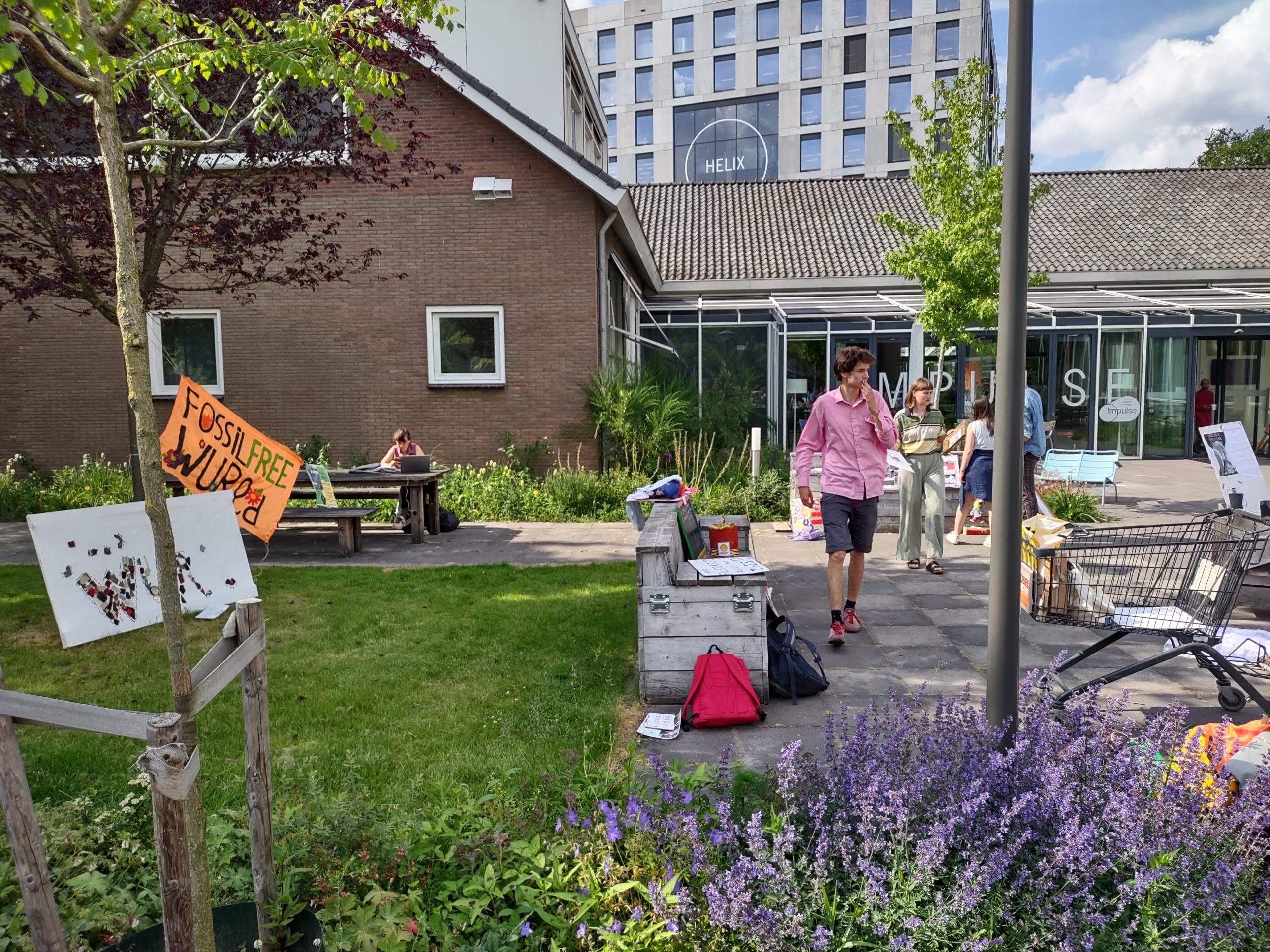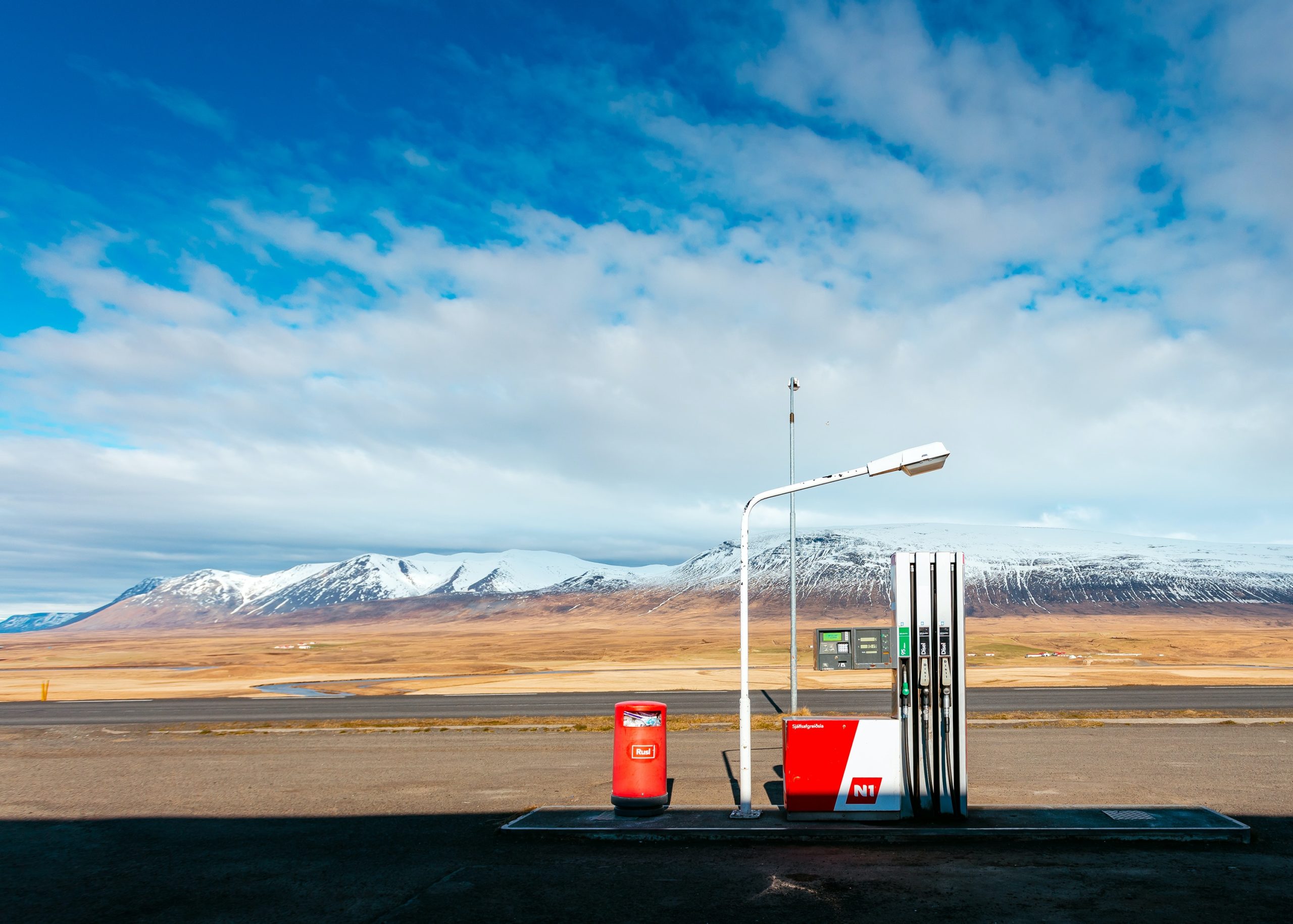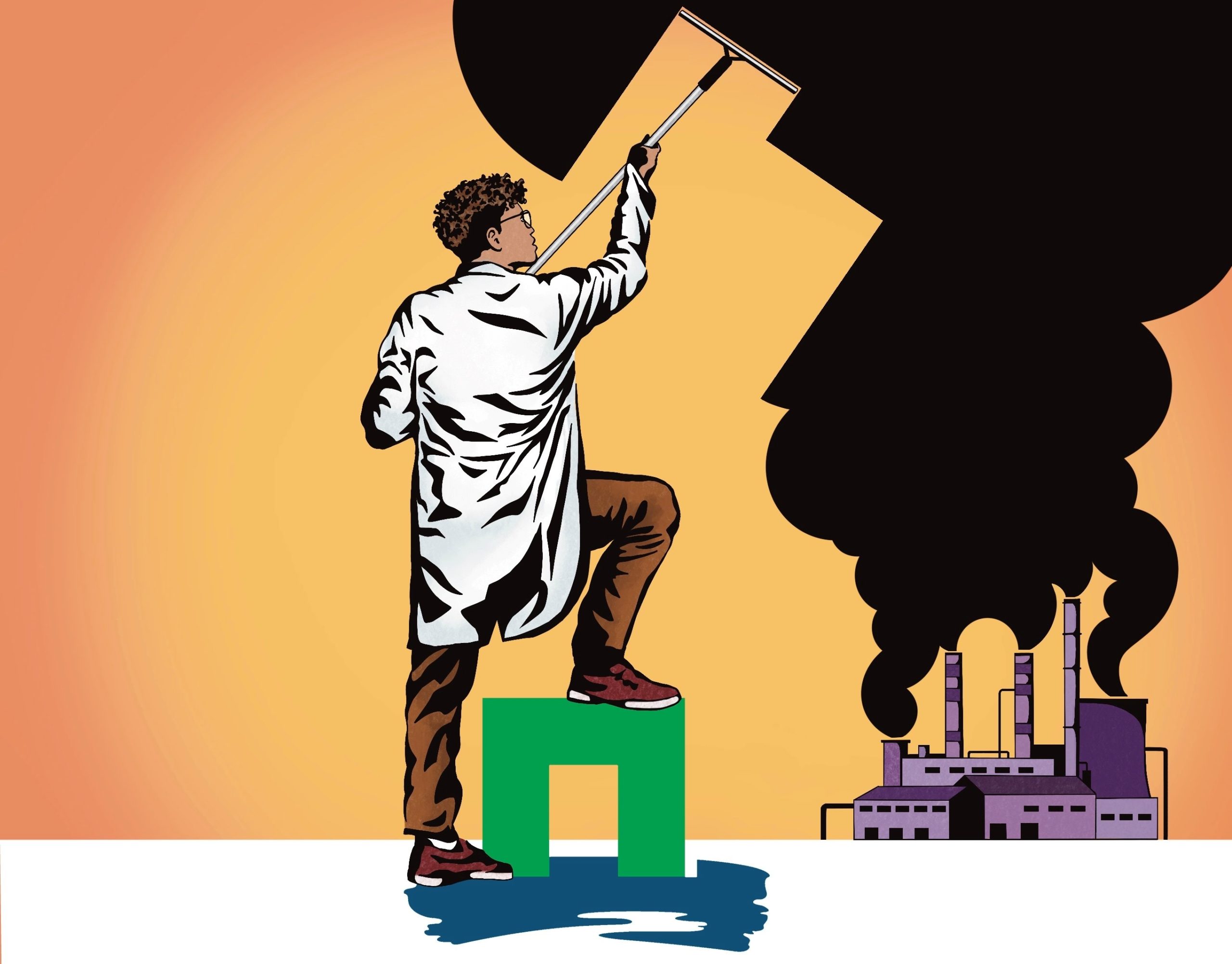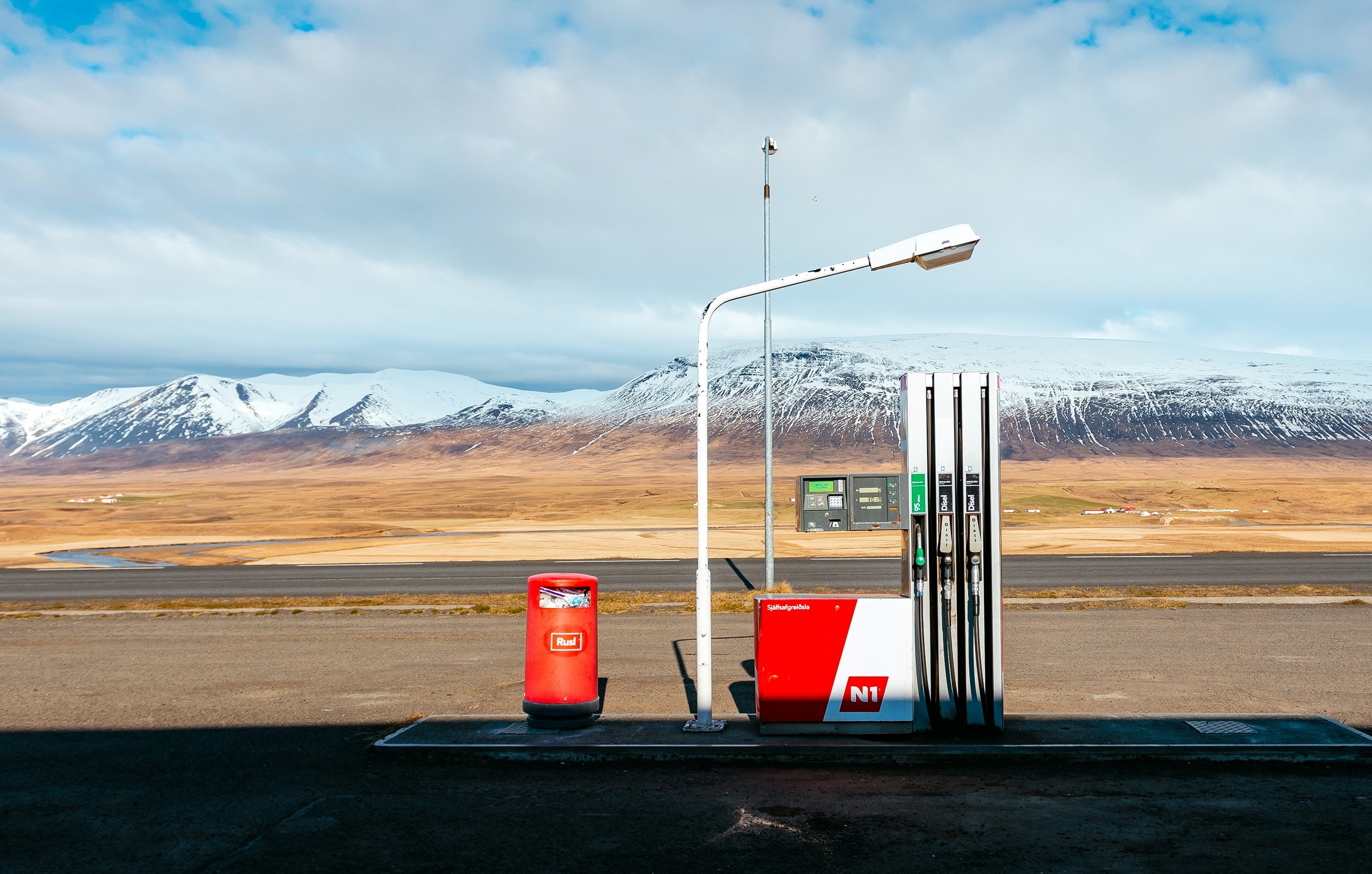WUR announced last week that it does not intend to close its doors on partnership with the fossil industry. The goal is to steer towards fewer partnerships. Resource gauges opinions on this strategy.
Martijn Duineveld, associate professor of the Cultural Geography Group: ‘We as members of Scientists4Future Wageningen are disappointed with the decision taken after half a year of dialogues, as it further delays severing ties with the fossil fuel industry. Ample evidence is available on the lack of commitment from this industry toward meeting the Paris Climate Agreement, as well as their role in science disinformation, and we, therefore, advocate for a decision to ultimately cut ties. We are happy to read that the Board acknowledges that some businesses delay or counteract the transition and express a willingness to move beyond a project-based evaluation to a partner-based evaluation for collaborations. Yet we believe that the threats of not acting swiftly and immediately breaking the ties are problematic for WUR as an institution and for individuals working in this institution, as collaborating with the fossil industry makes us all complicit to the wrongdoings of this industry.’
Wolter Elbersen, senior researcher at WFBR, conducting studies on the sustainable supply of biomass (bio-energy, among others): ‘I believe it is rather simple: The EU sets guidelines for the extensive use of biomass to replace fossil. That is something we know a lot about, and our knowledge was gained in part through funding by the government, which wants this knowledge to be applied. If a party such as Shell is unable to access this knowledge through us because we have severed our ties, they will get their expertise elsewhere. And perhaps they will be ill-informed. The industry and policymakers sorely need our knowledge of the sustainable supply of biomass for, for example, sustainable energy. You may think, “So what” but that would simply result in the use of more fossil energy, which delays the introduction of more sustainable alternatives. Having stricter criteria is great. But WUR must remain vigilant regarding games that are being played. The fossil industry often delays the transition, saying that the required technology is unavailable or unsafe. Choosing not to sever ties with the fossil industry is the correct thing to do. We need energy, and they have the infrastructure to keep the world in business. We must continue to look ahead and stay vigilant. How are we being used? Don’t become a useful idiot. This is something more organisations should be wary of. I am also working on making oil palms more sustainable. There, you encounter similar dilemmas.’
It is not the basis of science to continue discussing with devastating and destructive parties
Ignas Heitkönig, assistant professor of Wildlife Ecology and Conservation and teacher of the year
Birgitte Wear, master student of Climate Studies: ‘Fossil fuel companies rely on the destruction of nature and the exploitation of vulnerable people. WUR claims to be the planet’s most sustainable university, and its collaborations with the fossil fuels industry are not only hypocritical but extremely harmful, providing a stamp of approval for these companies. WUR is not on the right side of history. By accepting and welcoming the influence of fossil fuel companies while being cagey about these ties, WUR plays a knowing role in climate injustice and greenwashing.’
We presented extensive research and arguments on why stricter measures have repeatedly failed
Vignesh Raghunathan, a student of Climate Studies and a member of EndfossilWUR
Ignas Heitkönig, assistant professor of Wildlife Ecology and Conservation and teacher of the year: ‘I saw this in the Q&A in the intranet: Why doesn’t WUR declare a moratorium like other universities? The answer was: Because we want to be very cautious in categorically and completely excluding parties – any party – from science. It is the basis of science that you also – and perhaps precisely! – remain in dialogue with the parties with whom you do not fully agree. Moreover, we believe that business can and should have a major and positive contribution to the global transitions needed to halt climate change. This “answer” renders me speechless. This suggests that no matter how devastating or destructive a business or company is, a university should “remain in dialogue” because that is the basis of science. This doesn’t seem right. It is not the basis of science to continue discussing with devastating and destructive parties. These parties have proven to be destructive and have repeatedly proven that they want to continue their destructive activities. It is fine to “believe that business can and should have a major and positive contribution to the global transitions needed to halt climate change”, but big oil uses seemingly constructive projects to greenwash its fossil activities. I cannot align the concern for quality of life with a belief in fairy tales. A moratorium is a temporary stop, a precautionary measure, put in place until there is ample evidence that renewed engagement with the fossil industry contributes to the quality of life.’
Radically severing ties with the fossil industry does not help us meet the climate challenges faster
Gerhard de Ruiter, business unit manager WFBR
Vignesh Raghunathan, a student of Climate Studies and a member of EndfossilWUR: ‘This announcement was an anticlimactic dud. The decision has been to make another group make the decision. End Fossil anticipated this kind of circular delay by WUR. This decision by the Executive Board seems like how when a movie has a bad script, they try to cover it up with an all-star cast. The movie still ends up bad. We presented extensive research and arguments on why stricter measures have repeatedly failed. Fossil fuel companies simply have more legal and business resources to outmanoeuvre anything short of cutting the ties. Any policy we have, no matter how strict, will be insufficient due to their enormous resources. This much should be known by a university claiming to be a leader in climate science. There was a recent report by the financial times on how markets will not deliver the energy transition fast enough. The Board needs to understand businesses cannot be trusted or relied upon to get anything done for climate change.’
Gerhard de Ruiter, business unit manager WFBR: ‘I feel this is a sensible approach. Not just assessing the project but also the party behind it. However, formulating unambiguous criteria will be challenging. Decision-making may lead to an endless internal debate. Practical applicability is important. With regard to the fossil industry: the stakes are high, and the transition is very costly. However, the funding is available, and we must achieve the transition together. Radically severing ties with the fossil industry does not help us meet the climate challenges faster. The question is: how can we accelerate the transition together without harming academic freedom, WUR’s integrity and scientific impartiality? We must not be naïve and be wary of greenwashing. We must be vigilant to ensure that businesses that invest in small projects at WUR can’t claim to be doing the right thing. And finally, WUR must be more transparent and reveal with whom we collaborate on what. That information is still difficult to find.’
WUR must remain vigilant regarding games that are being played. The fossil industry often delays the transition
Wolter Elbersen, senior researcher at WFBR
Yuca Waarts, economist of Wageningen Economic Research: ‘We must be critical in assessing how we may achieve the greatest impact. I hope that the decision-making framework, the criteria and the plan focus on how we may achieve a positive impact while preventing negative effects. If we choose to create a maximum impact, we will automatically decline collaborations with an -indirect- negative impact unless we are able to transform their negative impact into a positive one. But how does one measure the possible -indirect- impact of an activity or project? And how can you compare that to other activities within WUR and all activities outside of WUR? Can we reject a “low-impact” partnership to remain available for a “high-impact” partnership, even if it means being without work for a while? That is why the decision-making framework and an implementation plan are important if WUR is to achieve that optimal impact.’

 Banners outside Impulse at the start of the third Let’s explore: Collaboration with the fossil fuels industry session in the series. Photo Resource
Banners outside Impulse at the start of the third Let’s explore: Collaboration with the fossil fuels industry session in the series. Photo Resource 

